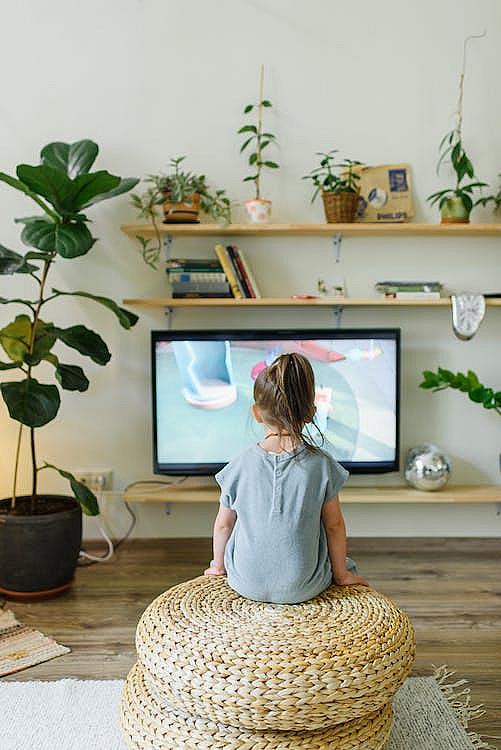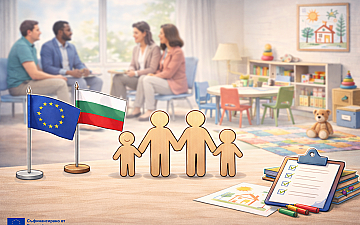The harm of screen time for children is one of the hot topics among young parents. In social networks, this is a frequently discussed topic and often becomes a reason for disputes between young people. Is it true or false that screen time is bad for children and young people? The answer to this question is not clear. The age range considered by the World Health Organization (WHO) is 0-18 years.
The short answer to the question "Is screen time bad" is yes. Some studies indicate that this is one of the significant problems of the 21st century. In this regard, the first thing that needs to be clarified is what screen time means. The most common misconceptions among young parents are that screen time is turning on the TV or watching movies on a tablet. According to the WHO, "screen time" is even a video call or a simple glance of the child at the mobile device's screen.
In addition to the amount of screen time, the child's age should also be taken into account. Misinformation in the forums that the harm is for any age leads to extremes such as the total removal of devices from children's homes. The WHO specifies that children between 0-18 months should be completely screen-free. Recommendations are for looking at books and reading fairy tales. For children over 18 months, screen time is set to one hour per day. The recommendations suggest that the less screen time the child has, the better for the child. It is impressive that the recommended screen time for children between 3 and 4 years of age is also one hour per day.
The harm of screen time to teenagers, who also fall into the adolescent category, is rarely mentioned on social media. Previous WHO publications have recommended that screen time for children under the age of 18 be limited to two hours per day. However, with technology becoming even more pervasive, even in the education system, recent recommendations focus more on how technology is used rather than for how long. Ages 6+ are considered suitable for screen time. It is essential here that the child uses the screen time fully and for educational purposes. Of course, this cannot replace a parent and his attention. Teens this age and older are learning how to balance screen time and play or study time on their own. The total prohibition of a screen at this age deprives children of the opportunity to determine when they are using the TV excessively and when it is within the limits of normality.
When we talk about the harm of screen time, we don't just mean that children seem hypnotised and their social contacts are minimal. Often, excessive screen use also leads to mental problems in the future - depression, epilepsy and apathy are just some of the possible harms. It is an indisputable fact that children's nervous system is immature and excessive time spent watching children's films can lead to overexcitement and sleep disturbances, as well as to a disruption or delay in communication skills.
Specialists from the University of Michigan have warned that the more time children spend in front of the screen, the more likely it is for them to have psychological problems in the future. They studied 1,300 children and found that those who watched television most of the time by the age of three fell behind in school later in life and ate unhealthy foods, leading to obesity. In addition, by the tenth year, the children also complain of poor health.
Another reason to be careful about the duration of the child's stay in front of the TV is electromagnetic radiation, which is an invariable part of it as a device. It affects the child's immune system and can lead to tiredness, eye problems or headaches.
The most common theory about the harm of screen time among young people is that it harms the eyes. This is undoubtedly the case, however, eye problems are far from being the only potential serious harm. Disinformation regarding screen time can lead to serious problems among both children and young people in relation to their health and upbringing or parenting methods among young parents.









